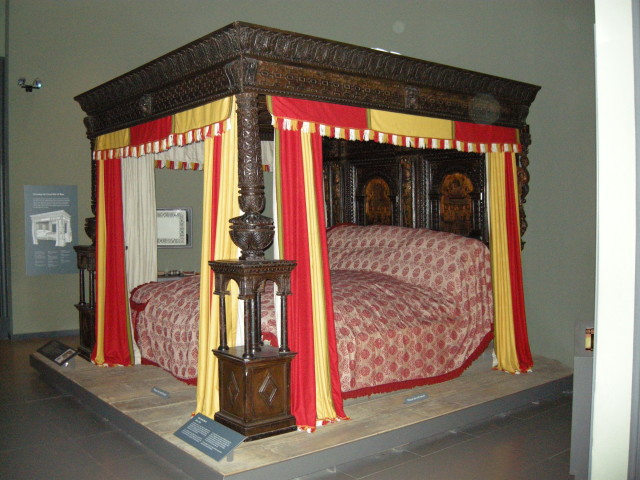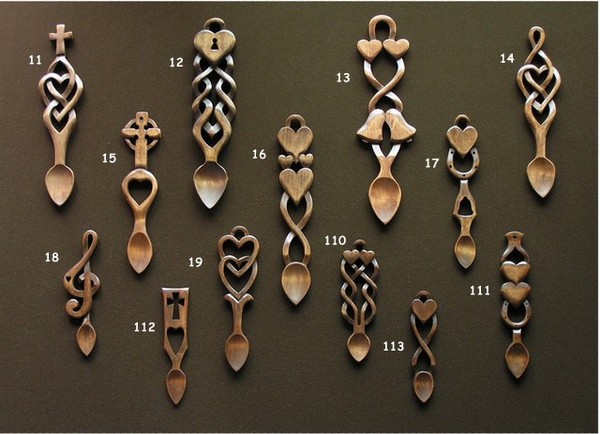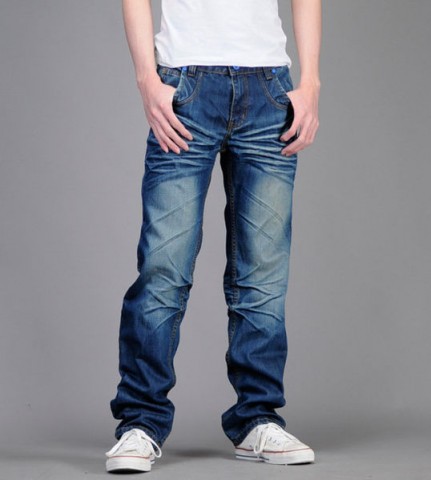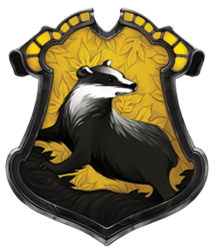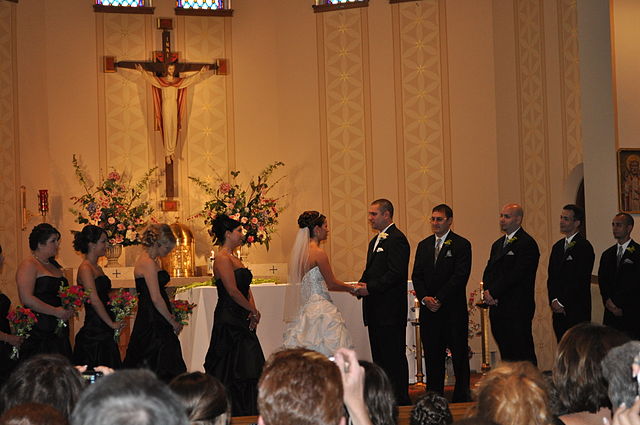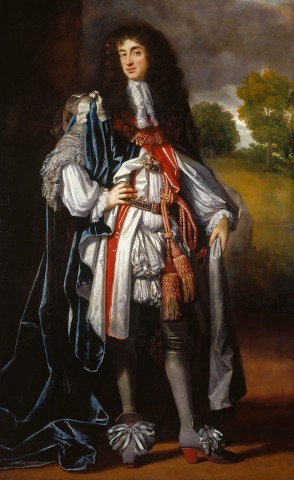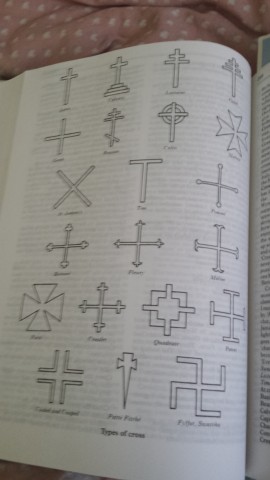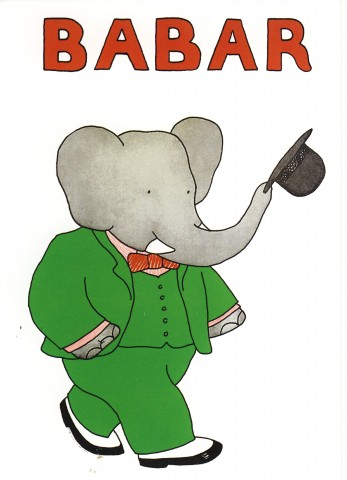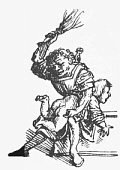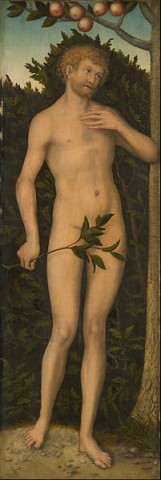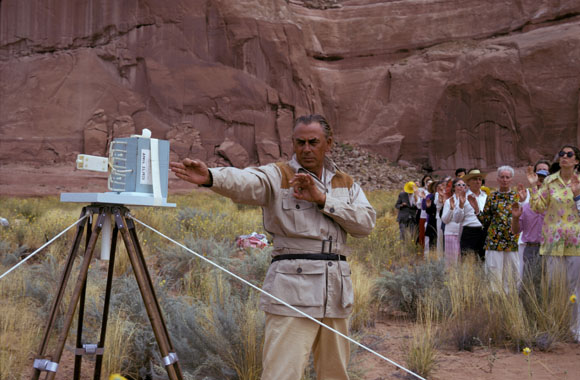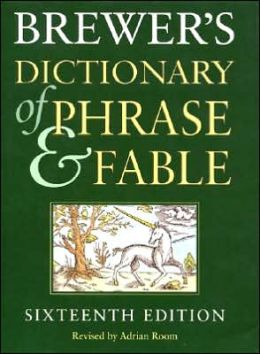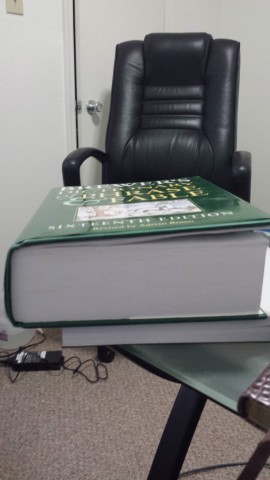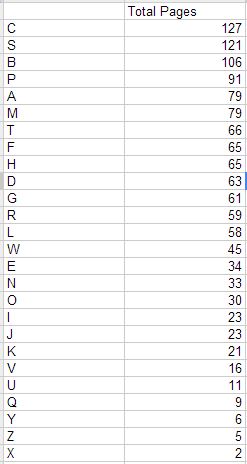Okay, so I’ve been really falling behind on posting about Brewer’s. And reading it. I just finished M this morning and it’s already October 27th. Whatever, more than halfway there, I can do this!!! Anyway, here’s what you missed while you were not spending your 2014 reading a reference book:
G
Giotto’s O.The old story goes that the pope, wishing to employ artists from all over Italy, sent a messenger to collect specimens of their work. When the man visited Giotto (c. 1267-1337), the artist paused for a moment from the picture he was working on and with his brush drew a perfect circle on a piece of paper. In some surprise the man returned to the pope, who, appreciating the perfection of Giotto’s artistry and skill by his unerring circle, employed him forthwith.
Goddam. A name given by the French to the English at least as early as the 15th century on account of the favourite oath of the English soldiers. Joan of Arc is reported to have used the word on a number of occasions in contemptuous reference to her enemies.
Grammar. Suetonius writes that Tiberius was rebuked by a grammarian for some verbal slip, and upon a courtier remarking that if the word was not good Latin it would be in future, now that it had received imperial recognition, he was rebuked with the words, Tu enim Caesar civitatem dare potes hominibus, verbis non potes (‘Caesar, you can grant citizenship to men, but not to words’).
Great Bed of Ware. A fourposter bed 11ft square and capable of holding 12 people. It dates from the late 16th century and was formerly at the Saracen’s Head Inn, Ware, Hertfordshire.
H
Haha. A type of ditch found in the grounds of country houses and perhaps so called from the exclamation of surprise when coming across it or of malicious pleasure when another is seen to fall into it.
I knew what hahas are, but am really gratified to learn that the origin of the name is as silly as you think.
Hats It was a point of principle with the early Quakers not to remove their hat, the usual mark of respect, even in the presence of royalty. The story goes that William Penn once entered the presence of Charles II and kept his hat on, whereupon Charles removed his own hat. ‘Friend Charles,’ said Penn, ‘Why dost thou uncover thy head?’ ‘Friend Penn,’ answered Charles with a smile, ‘it is the custom here that only one person wears his hat in the king’s presence.’
I
I guess there were no standouts under I? I didn’t write anything down.
J
Ditto J. In reality, I think I lost my Brewer’s notebook for a while.
K
I must have found it in time to record this gem of Brewer’s understated sass:
You know something (or) what? I am going to tell you something.
L
One of the best things about Brewer’s is learning interesting word origin stories, like:
Lady: Literally ‘bread kneader’, from Old English.
Or:
in-laws A way of referring to one’s relations by marriage: mother-in-law, brothers-in-law and so on. The law is that of canon law, and it refers to the degrees of affinity within which marriage is allowed or prohibited.
And other times there’s an entry that shows slang has always been cray. I mean, wtf:
Lead apes in hell. The depressing consequence of dying an old maid. Hence ape-leader, an old maid.
Also, folk beliefs are always amazing:
Lick into shape. To make presentable; to mould into a satisfactory condition. The expression derives from the widespread medieval belief that bear cubs are born shapeless and have to be licked into shape by their mothers.
Love spoons. The giving of elaborately carved love spoons by a lover to his lady as a token during courtship was common in 18th-century Wales.
M
Apparently Magenta is named after a battle!
Magenta. A brilliant red aniline dye derived from coal tar, named in commemoration of the bloody Battle of Magenta (1859), when the Austrians were defeated by the French and Sardinians. This was just before the dye was discovered.
Milo. A celebrated Greek athlete of Crotona in the late 6th century BC. It is said that he carried through the stadium at Olympia a heifer four years old, and ate the whole of it afterwards. When he was old, he attempted to tear in two an oak tree, but the parts closed upon his hands, and while he was thus held fast he was devoured by wolves.
That escalated quickly.
Mohocks. A class of ruffians who in the 18th century infested the streets of London. They were so called from the Mohawk Indians. One of their ‘new inventions’ was to roll people down Snow Hill in a tub. Another was to overturn coaches on rubbish heaps.
I’m on page 805 of 1298, so only 493 more to go! I can do it!! I’ve just got to believe in myself.
Previously: E and F
